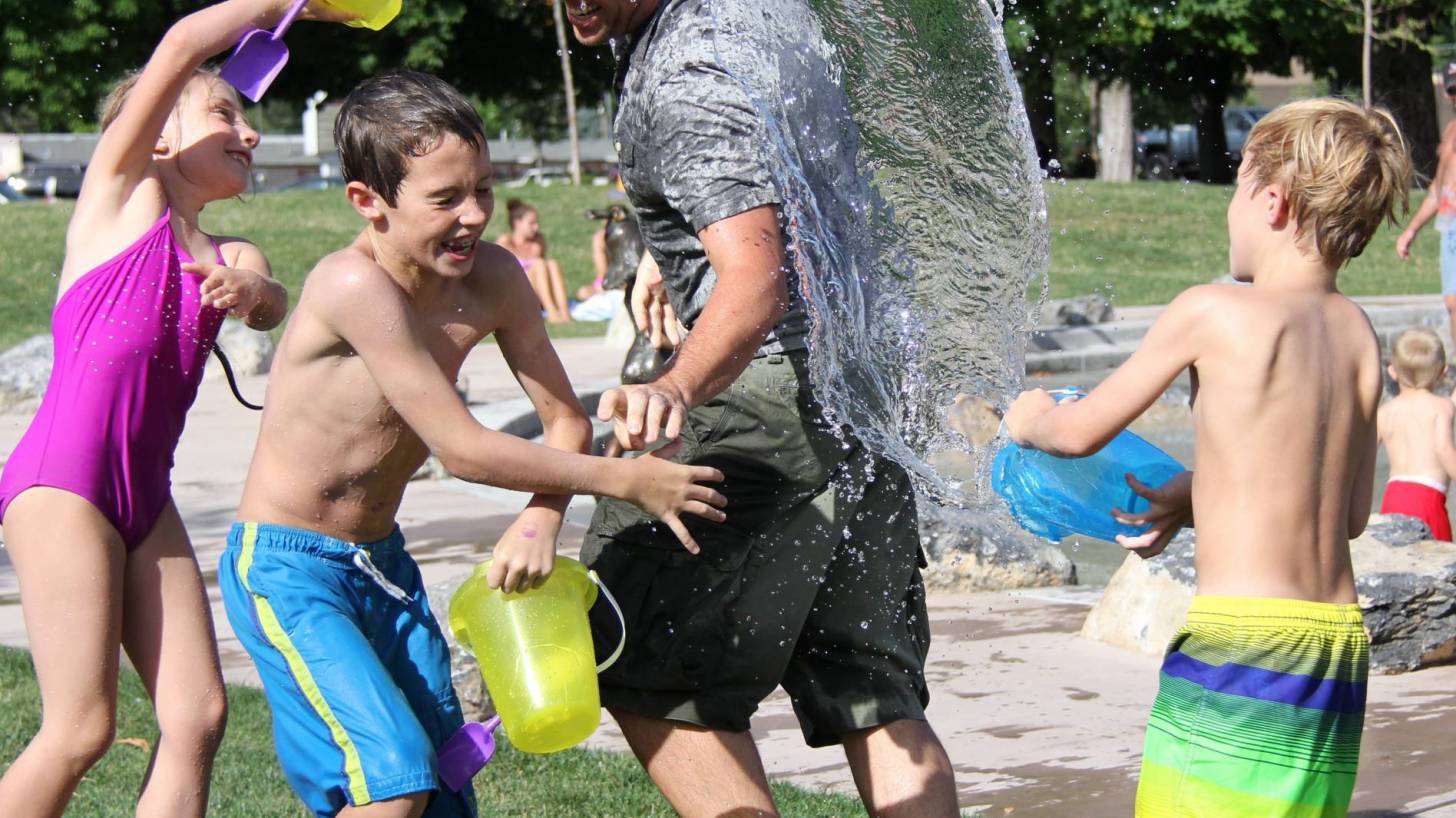HPV Vaccine Now Recommended For ‘GenX’

The government’s vaccine approval committee voted to expand access to the cancer prevention vaccine Gardasil 9 to older populations, reported Merck in a press release.
This is important news since Human Papillomavirus (HPV) infections are so common that nearly all men and women will get at least one type of HPV at some point in their lives.
On June 26, 2019, the Centers for Disease Control and Prevention's Advisory Committee on Immunization Practices, known as ACIP, voted unanimously to recommend the Human Papillomavirus vaccine for boys and girls, men and women through age 45.
Today’s decision follows the recent FDA approval for the expanded use of Gardasil 9 in men and women 27 through 45 years of age, vaccination can begin as early as age 9.
The ACIP's current vaccination recommendation is for everyone around 11 or 12 years old begin the multi-shot Gardasil 9 vaccination.
Those who get the first Gardasil 9 dose before their 15th birthday require 2 vaccinations. After their 15th birthday, 3 doses are suggested.
The ACIP also voted to expand routine and catch-up HPV vaccination for males through 26 years of age who are not adequately vaccinated.
Additionally, the ACIP committee recommended adults ages 27 through 45 who had not been vaccinated speak with their healthcare provider about getting vaccinated with Gardasil 9.
The Gardasil 9 vaccine consists of HPV proteins, Types 6, 11, 16, 18, 31, 33, 45, 52, and 58, amorphous aluminum hydroxyphosphate sulfate, yeast protein, sodium chloride, L-histidine, Polysorbate 80, sodium borate, and water for injection.
Recommendations made by the ACIP are reviewed by the CDC Director and, if adopted, are published as official CDC recommendations in the Morbidity and Mortality Weekly Report (MMWR).
Recent HPV vaccine news:
- REVEAL 1 Phase 3 Cervical Cancer Study Ready to Launch
- Costa Rica Launches Extensive HPV Vaccination Campaign
Dr. Richard M. Haupt, vice president and head of vaccines and infectious diseases, at Merck said, “We applaud the ACIP and the CDC for their continued efforts to address the significant burden of HPV-related cancers by continuously evaluating vaccination recommendations utilizing a comprehensive body of scientific evidence.”
HPV is spread through intimate skin-to-skin contact. You can get HPV by having vaginal, anal, or oral sex with someone who has the virus.
Most HPV infections (90%) go away by themselves within 2 years. But, sometimes HPV infections will last longer and can cause certain types of cancers.
Our Trust Standards: Medical Advisory Committee

























